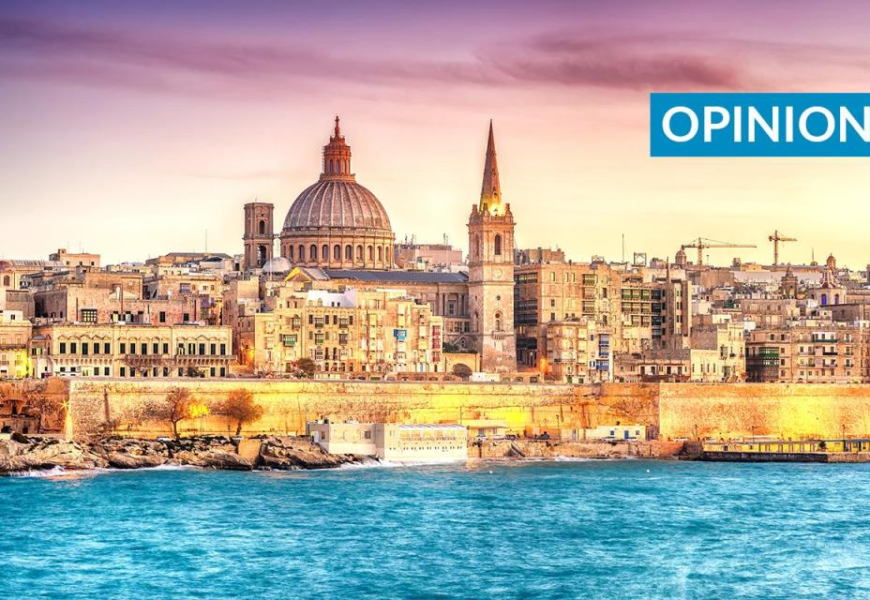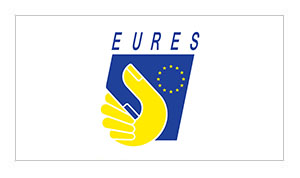We need a long-term strategic plan endorsed by all political parties and social partners to fine-tune our economic model
Much has been said of late about Malta’s economic model and its development through the influx of a high volume of foreign workers into the labour market. Certainly enough, the unprecedented growth of our economy in the last decade has come with a mixture of benefits, challenges and problems.
Today, we no longer speak of unemployment, or the pensions’ time bomb, the high electricity bills, or high cost of fuel at the pump. Instead, we often marvel at having overcome the ravages of the COVID pandemic, relatively unscathed when compared to other countries.
Having said that, this does not mean that our economic model does not need fine-tuning. As a consequence of this rapid growth, Malta has had to source labour from abroad in practically all sectors of the economy. This had a negative impact on the environment and led to pressure on our energy grid and the transport infrastructure, among others.
But an economic model should never be placed in some sort of straitjacket – fine-tuning the economy and adjusting it as the needs arises is an ongoing process that must be carried out in a phased and planned approach that does not generate any shocks with disastrous consequences.
The GWU has been at the forefront on this matter: the union has, since 2008, said that Malta requires a holistic vision and strategic plan not just for its economy but also for the environment, health, education, transport, etc. The government of the day had simply discarded this proposal by likening it to some communist-style, centrally planned economy. Nothing could be further from the truth!
If we aim to make quality of life in Malta among the best in Europe, we cannot, on the one hand, target high value-added investment and then fail to prepare our students for the industries of tomorrow. Or, say, keep importing foreign workers to be employed as taxi drivers when our roads are already burdened with too many cars on the road. The idea that the market will correct itself is simply unsustainable and may simply be too late to take corrective action. The government was right to intervene in this regard.
It is for this reason that this national vision and holistic strategic plan is imperative if we are to avoid making any more mistakes. Unfortunately, since independence, we committed grave mistakes, simply because we lacked this forward-looking vision – and that means something that goes beyond a five-year electoral programme.
This is not merely a ‘wish list’ of promises that turn out to be unsustainable in the long term. The long-term vision and strategic plan must be for the whole country, not for one political party, and, therefore, has to be championed by the government and endorsed by all political parties and social partners.
If we take a cursory look at Malta’s industrialisation process since independence, we first had the George Borg Olivier government which initiated the first, largely successful moves in attracting foreign direct investment (FDI). Then, after 1971, the Dom Mintoff administration, rightly so, continued on this path and further accelerated the investment process in our country, nationalising some strategic assets that were under the control of foreign interests.
An economic model should never be placed in some sort of straitjacket
Unfortunately, the privatisation process that followed these administrations simply lacked vision. While new FDI is certainly desired and much needed in our country, since this brings new technology and high value-added investment, local entrepreneurs in Malta, on the other hand, often suffer second-class treatment in some quarters: in the case of various privatisations of strategic State assets, we simply handed over these entities to foreign-owned companies on a silver platter, in the process turning back the clock on what the Mintoff government had managed to achieve.
Adding insult to injury, most foreign companies transfer their dividends abroad to the parent company and leave only wages and national insurance (NI) in the local economy, at the same time also benefiting from the 6/7th tax refund on dividends to foreign shareholders. Parliamentary data tabled in the House shows that well over €13 billion in tax refunds have been refunded to these foreign shareholders since 2008.
Maltese-owned companies, on the other hand, invest most of their dividends, plus wages and NI, in the local economy and pay 35 per cent in company tax. It would have made much more economic sense to privatise these strategic assets to Maltese owners (private and public through the Malta Stock Exchange – MSE) and, where needed, offer a 25 per cent stake to a foreign strategic partner.
Consider for a fact that we even have a Maltese-owned company that runs a series of freeports across the EU. Another manages the port of Miami. Many Maltese entrepreneurs have internationalised their businesses in the world of travel and hospitality.
Given the chance, our Maltese entrepreneurs and their professional managers are able to compete internationally. It is indeed a pity that, as a nation, we still suffer from the old colonial mentality that treats foreign businesses as being superior to the Maltese.
The setting up of a government venture capital fund for new start-ups was a step in the right direction and this is something which should be encouraged, especially in those sectors which are looking ahead into the future. However, the government should also consider the setting up of something similar to buy back national, strategic assets that are now foreign-owned, to be offered to Maltese entrepreneurs and the public through the MSE.
The big banks have excess liquidity, which means financing this fund should not be an issue if depositors are guaranteed a decent rate of return. At the end of the day, the risks are very minimal as most of these strategic assets have a healthy balance sheet and give a very healthy return to shareholders.
These are but a few points that should form part of a new vision and strategic plan for Malta, one that is continuously fine-tuned, where tasks and projects are prioritised in favour of others, and expertly coordinated between various ministries, with enough financial resources allocated through the annual budget.
Of course, such a strategic plan requires discipline and perseverance. However, as a nation, we need to start anticipating problems and challenges that, sometimes, are of our own making, apart from our other challenges such as climate change, which must be faced by the whole world in general.
The time for piecemeal approaches and reactionary policies is over: we owe it to our children and grandchildren.







